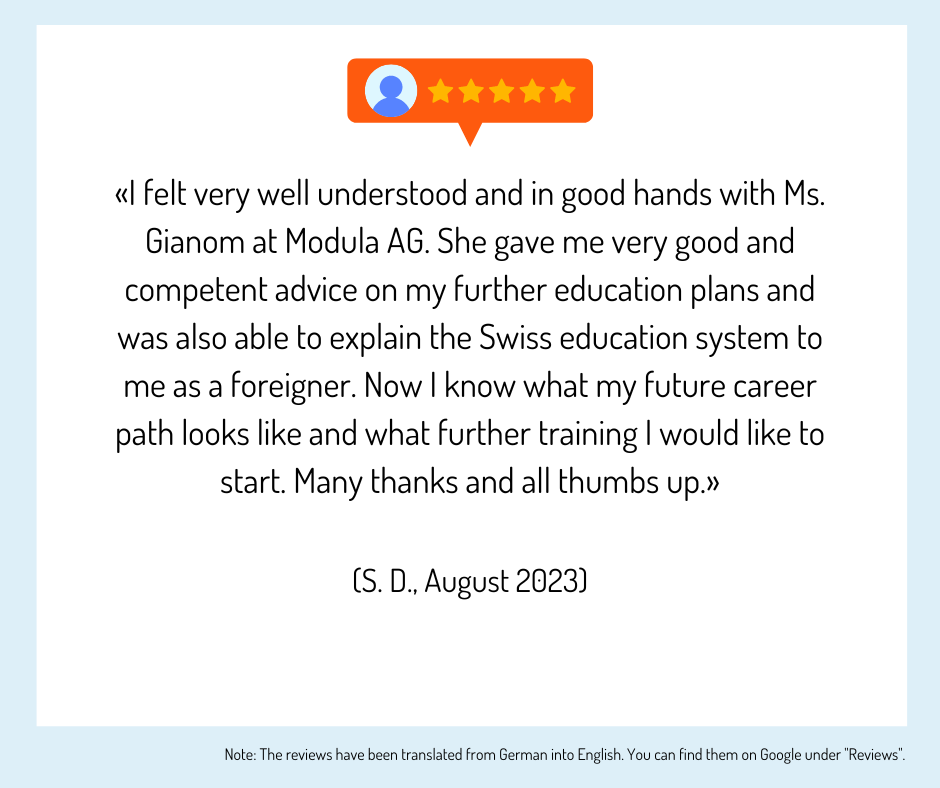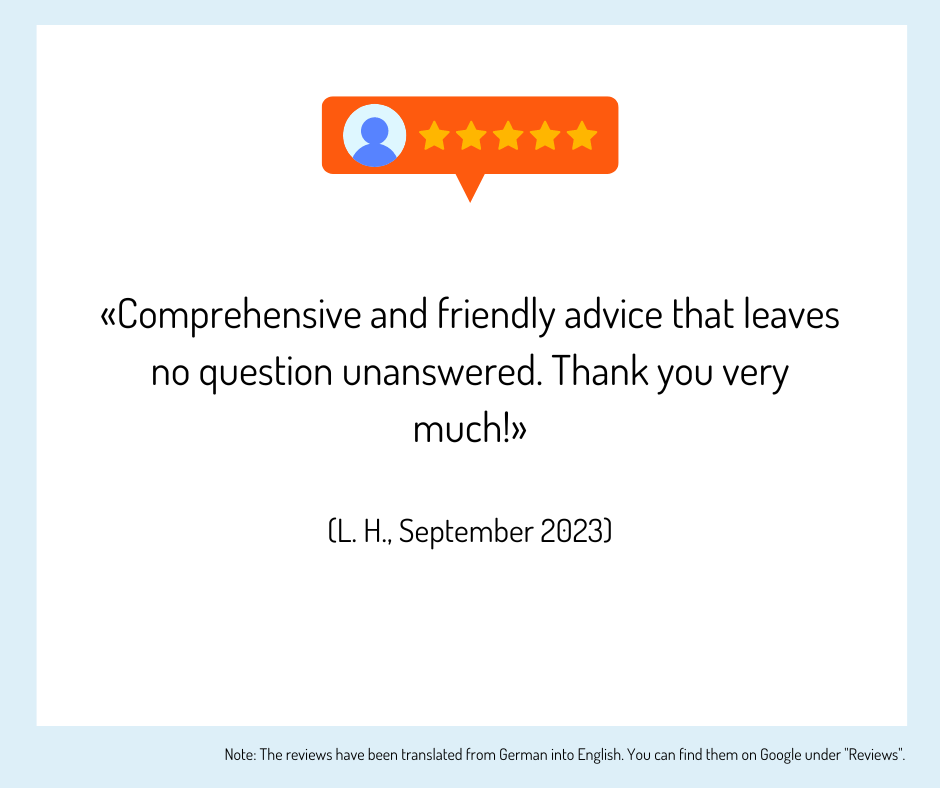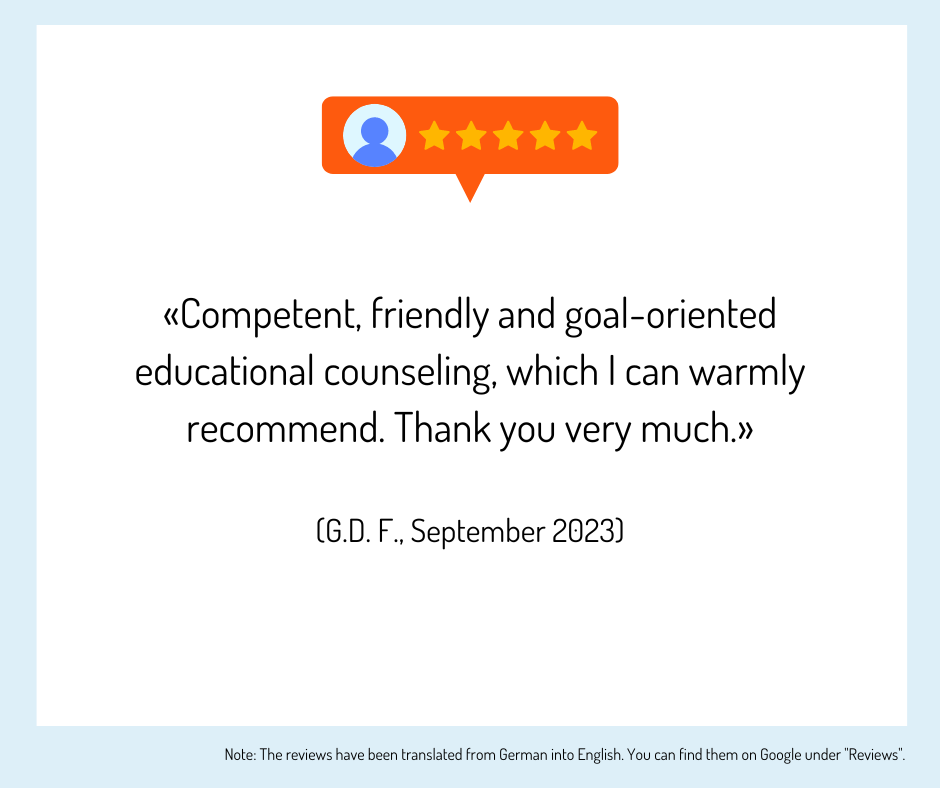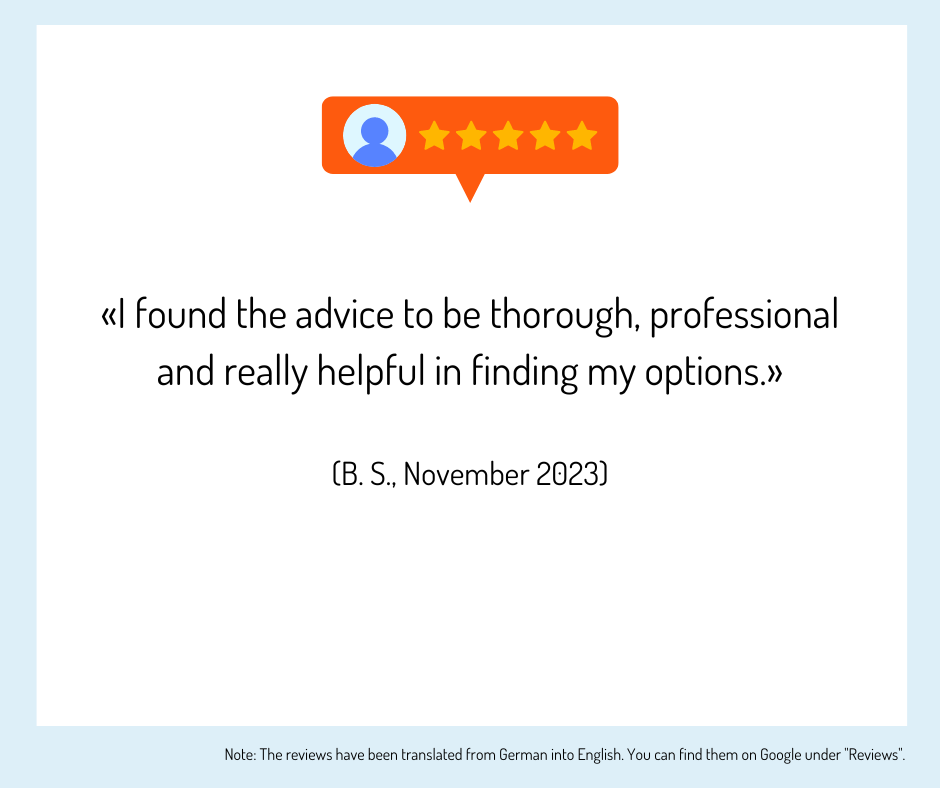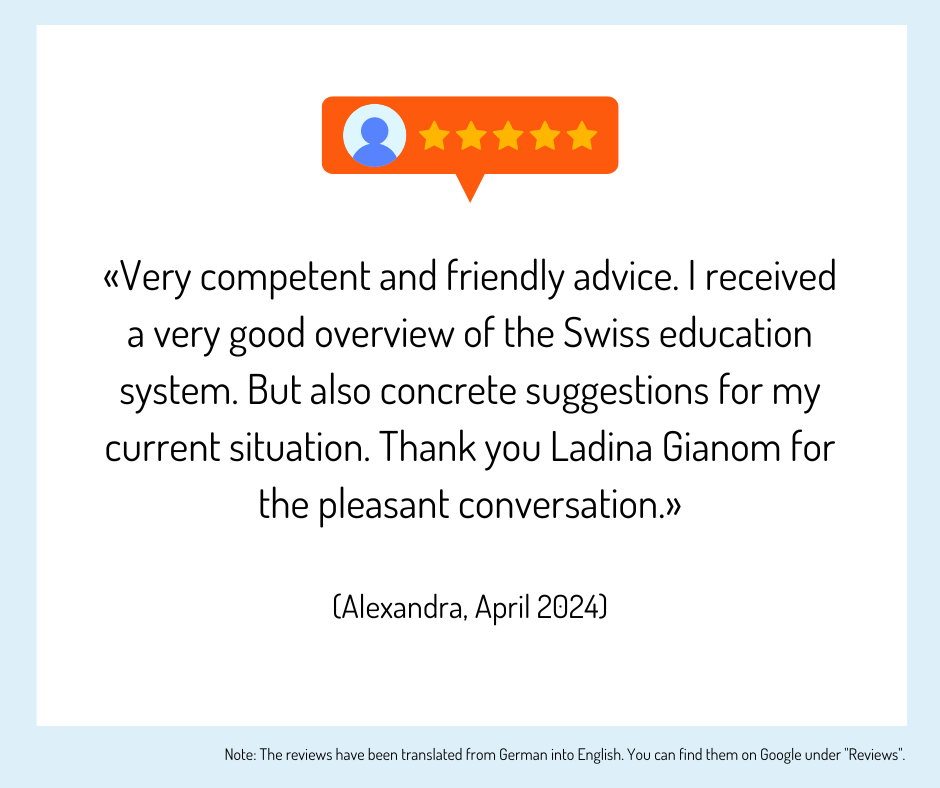MAS Applied History: training, further education, studies, information and schools
MAS Applied History: also for non-historians
Questions and answers
Which modules are covered in the MAS Applied History?
The MAS Applied History Master's program comprises compulsory, optional and school modules. The compulsory modules include the introductory module, modules on history and politics, history and religion, history and economics, history and media, transatlantic relations, major historiography, terrorism and violence, history and the environment, and megatrends. Optional modules include topics such as Monarchy Today, Language of Culture, History and Psychology, World Perspectives, History of National Socialism, Cultures of Remembrance and the Swiss Financial Center. Furthermore, summer schools are organized in various international cities, such as Cuba, Greece, Warsaw, Prague, Krakow and Tokyo.
How long does the MAS Applied History take?
The MAS in Applied History is usually completed within four semesters.
How is the MAS Applied History structured?
The MAS Applied History consists of 33 modules spread over four semesters. These modules are made up of compulsory modules and elective modules, as well as schools, such as trips to Cuba or Krakow lasting several days. The Master's thesis is also written in the fourth semester.
What are the admission requirements for the MAS Applied History?
Admission to the MAS in Applied History requires a university degree at Master's level as well as several years of professional experience. Persons with a Bachelor's degree and qualified professional experience may be admitted in exceptional cases by the Director of Studies.
When do the MAS Applied History classes take place?
Classes for the MAS Applied History are usually held on Fridays and Saturdays, although not weekly. There are also summer schools lasting several days (2nd to 4th semester).
Which target group is the MAS Applied History aimed at?
The MAS Applied History is aimed at people from a wide range of industries and fields of activity who wish to broaden their horizons and attend an internationally oriented continuing education, further training course. Participants may be employed by banks and insurance companies, work in education and research, in business, medicine, healthcare or social services, in the service sector or in media and culture.
Erfahrungen, Bewertungen und Meinungen zur Ausbildung / Weiterbildung
Haven't found the right training or further education yet? Benefit from educational advice now!
Further training is not only important in order to maintain or increase professional attractiveness, investing in training or further training is still the most efficient way to increase the chances of a pay rise.
The Swiss education system offers a wide range of individual training and further education opportunities - depending on your personal level of education, professional experience and educational goals.
Choosing the right educational offer is not easy for many prospective students.
Which training and further education is the right one for my path?
Our education advisory team will guide you through the "education jungle", providing specific input and relevant background information to help you choose the right offer.
Your advantages:
You will receive
- Suggestions for suitable courses, seminars or training programs based on the information you provide in the questionnaire
- An overview of the different levels and types of education
- Information about the Swiss education system
We offer our educational counseling in the following languages on request: French, Italian, English
Register now and concretize your training plans.
